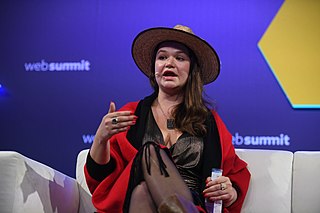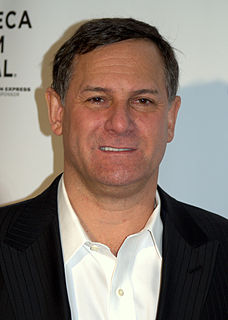A Quote by Alex Berenson
Economics pretends to be a science. Its practitioners fill blackboards with equations and clog computers with data. But it is really a faith, or more accurately a set of overlapping and squabbling faiths, each with its own doctrines.
Related Quotes
Everything, however complicated - breaking waves, migrating birds, and tropical forests - is made of atoms and obeys the equations of quantum physics. But even if those equations could be solved, they wouldn't offer the enlightenment that scientists seek. Each science has its own autonomous concepts and laws.
I believe that even a smattering of such findings in modern science and mathematics is far more compelling and exciting than most of the doctrines of pseudoscience, whose practitioners were condemned as early as the fifth century B.C. by the Ionian philosopher Heraclitus as “nigh -walkers, magicians, priests of Bacchus, priestesses of the wine-vat, mystery-mongers.” But science is more intricate and subtle, reveals a much richer imiverse, and powerfully evokes our sense of wonder.
Because the regime is captive to its own lies, it must falsify everything. It falsifies the past. It falsifies the present, and it falsifies the future. It falsifies statistics. It pretends not to possess an omnipotent and unprincipled police apparatus. It pretends to respect human rights. It pretends to prosecute no one. It pretends to fear nothing. It pretends to pretend nothing.
It is an absurd fiction that the churches are useful. They are nothing more than propaganda centers for superstitious faiths and doctrines. Church members have a right to believe in and propagate their various doctrines. But they should pay every item of the cost, of this propaganda, including fair taxation for all church property.
Spent the fortnight gone in the music room reworking my year's fragments into a 'sextet for overlapping soloists': piano, clarinet, 'cello, flute, oboe, and violin, each in its own language of key, scale, and color. In the first set, each solo is interrupted by its successor; in the second, each interruption is recontinued, in order. Revolutionary or gimmicky? Shan't know until it's finished, and by then it'll be too late.
If we study learning as a data science, we can reverse engineer the human brain and tailor learning techniques to maximize the chances of student success. This is the biggest revolution that could happen in education, turning it into a data-driven science, and not such a medieval set of rumors professors tend to carry on.
The art of politics, under democracy, is simply the art of ringing it. Two branches reveal themselves. There is the art of the demagogue, and there is the art of what may be called, by a shot-gun marriage of Latin and Greek, the demaslave. They are complementary, and both of them are degrading to their practitioners. The demagogue is one who preaches doctrines he knows to be untrue to men he knows to be idiots. The demaslave is one who listens to what these idiots have to say and then pretends that he believes it himself.



































